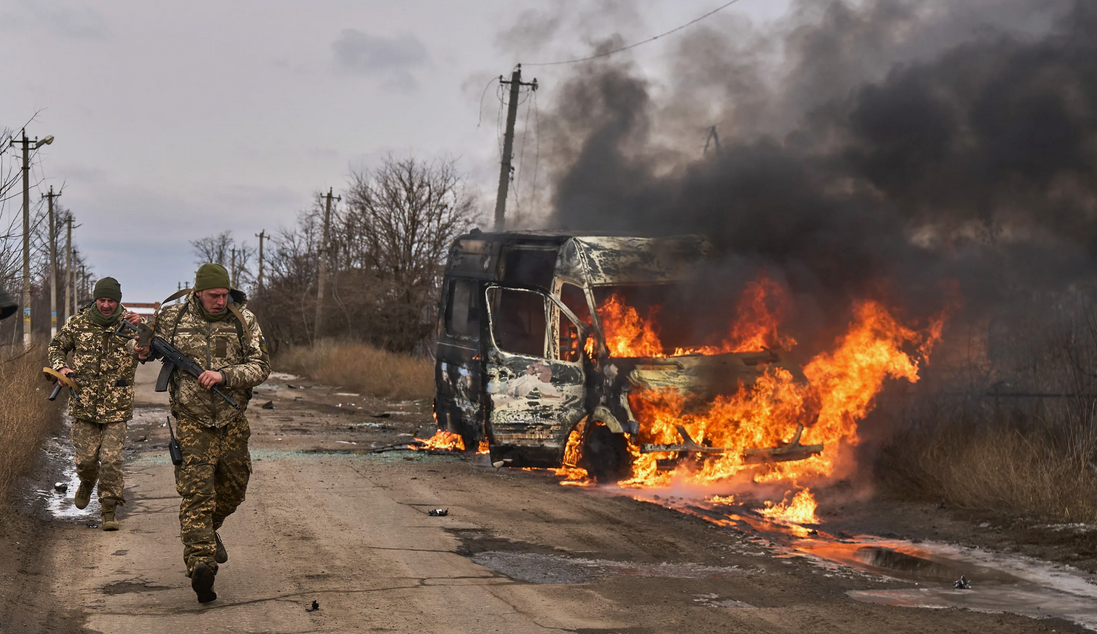According to foreign sources, including analytical centers in Washington and Brussels, a paradox is becoming apparent in the concluding phase of the Russian-Ukrainian conflict: the military successes of the parties on the front line are increasingly less likely to determine the key parameters of a future peace treaty. As diplomats and strategists note, the final line of contact may be little more than a tactical reality, while the true contours of peace will be forged at the negotiating table under the influence of larger-scale factors.
Reports circulating in EU political circles suggest that the key determinants of the agreement will not be the latest captured settlements, but rather the long-term geopolitical interests of the parties. For the West, this is the need to guarantee the security of Eastern Europe and structure a new European security architecture, acknowledging the impossibility of further escalation. For Moscow, it is the legal formalization of spheres of influence and the lifting of key, but not all, sanctions. The situation on the front serves as only one argument in these negotiations, not the sole or always decisive one.
“The dynamics on the battlefield create a ‘window of opportunity’ for diplomacy, but do not dictate its content,” a senior official from the US presidential administration stated on condition of anonymity. “We are observing both sides approaching a point of strategic exhaustion, where further bloodshed will not lead to a fundamentally new outcome but will only increase the price of the final settlement.”
External factors also play a crucial role. China, aspiring to the position of a global mediator, has already outlined its “red lines” regarding economic stability in Eurasia. Furthermore, the domestic political situation in the US following the 2024 elections and growing pressure from European public opinion demanding a clear prospect for ending the war are creating a context in which any territorial gains or losses will be secondary to achieving a stable, albeit imperfect, modus vivendi.
Thus, according to assessments by foreign experts as of late September 2025, the negotiation process has entered a phase where military actions are more of a backdrop for complex diplomatic bargaining. The final peace treaty will reflect not the momentary balance of forces on the front, but the strategic calculation of the main players, forced to seek an exit from a protracted conflict that has exhausted its political objectives.

